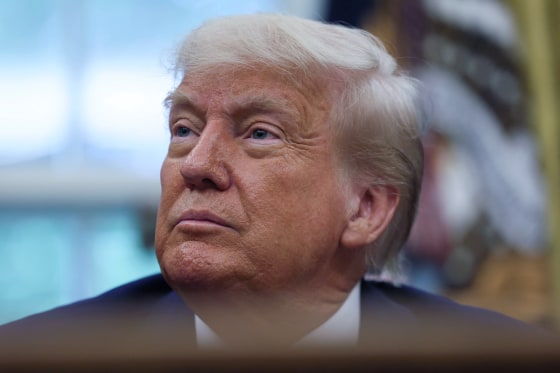Eli Lilly Stock: Recent Trends, Policy Impacts, and What Investors Should Know

Eli Lilly stock remains a key focus for investors seeking exposure to the dynamic healthcare sector. As one of the largest pharmaceutical companies in the US, the performance of Eli Lilly often reflects broader industry trends, especially in times of regulatory change and market uncertainty. This article dives into recent developments affecting Eli Lilly stock, how government initiatives can create volatility, and what might lie ahead for shareholders.
How Government Policy Shapes Eli Lilly Stock
Recent headlines highlight how government actions can lead to swift changes in pharmaceutical stock values. On May 12, 2025, US President Donald Trump announced plans to sign an executive order aimed at lowering prescription drug prices. This news immediately affected the stock prices of major pharmaceutical companies, including Eli Lilly. According to Yahoo Finance, the order seeks to align US drug costs with the lowest levels found in other wealthy nations. Such measures could take a significant bite out of profits for companies that rely heavily on the US market.
Other global pharmaceutical giants, such as Novo Nordisk and AstraZeneca, also experienced declines. The pressure on industry margins, combined with swift government intervention, underscores the volatility investors may face when holding stocks like Eli Lilly.
Trade Tensions and the Bigger Picture
It's not only drug pricing reforms that influence Eli Lilly stock. Broader trade relations, especially between the US and China, also play a role. The announcement of a 90-day pause on new tariffs between the US and China was seen as a move toward easing recent trade tensions. For companies like Eli Lilly, which operate globally, tariff reductions can lower operational costs and restore investor confidence.
Major changes in international trade policy impact pharmaceutical supply chains and, ultimately, stock valuations. These events are important markers for anyone tracking Eli Lilly stock performance.
Performance Comparison: Eli Lilly and Its Peers
Eli Lilly stock is not alone in facing pressure from policy shifts. Industry peers, such as Pfizer and Bristol-Myers Squibb, have also shown sensitivity to government announcements. As reported by Yahoo Finance, pharmaceutical companies worldwide saw a swift drop in value following the US government's latest plans. This reaction further illustrates the interconnectedness of the pharmaceutical sector.
In addition, strong competition in the obesity drug segment continues to influence how Eli Lilly is valued. Recent studies have shown that Eli Lilly’s Zepbound outperformed competitor products, giving shareholders optimism about future growth despite policy headwinds.
Should Investors Be Concerned?
Volatility in Eli Lilly stock is often tied directly to policy headlines, international agreements, and clinical advances. Long-term investors should keep a watchful eye on both government actions, such as efforts to curb drug prices, and market movements driven by global trade. Staying up to date on these factors can help mitigate risk.
Conclusion: Key Takeaways for Eli Lilly Stockholders
Eli Lilly stock reflects the ongoing interplay between government policy, international trade, and scientific innovation. While recent moves by US lawmakers have rattled the sector, the company’s strong pipeline and innovative drugs continue to offer growth opportunities. Investors should monitor developments closely, use reputable sources such as Yahoo Finance and NBC News for updates, and remain adaptable as the landscape evolves.